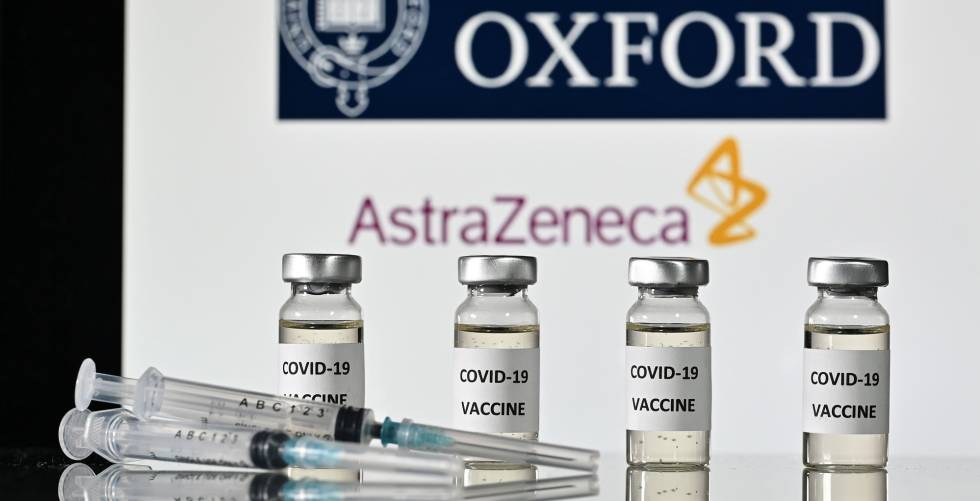AstraZeneca warns of delays in delivery of vaccine to EU countries
- 23-01-2021
- National
- Canarian Weekly
AstraZeneca, who develop the University of Oxford vaccine, has warned the European Union that it will not be able to deliver the doses planned for the first quarter of the year. The European Commissioner for Health, Stella Kyriakides, explained that the British Commissioner announced this yesterday (Friday) to the 27 member states.
The EU already has two vaccines available but has a larger portfolio pending analysis and approval. BioNTech and Pfizer were the first two to be approved in December. The Moderna one, approved at the beginning of the year, is also being distributed and the European Medicines Agency (EMA) is expected to also give the green light to the one developed by AstraZeneca and the University of Oxford before end of the month.
In a post on Twitter, the European Health Commissioner indicated that the members of the European Union have expressed their "deep discontent", saying "We insist on a precise delivery schedule so that Member States can plan their vaccination programs," she said.
They have also responded to the British company saying that they need to speed up the distribution of the doses. On August 27th last year, the European Commission signed an agreement with AstraZeneca for a purchase obligation that involves the acquisition of 300 million doses for European countries, at a total cost of 870 million euros.
The Secretary General for Digital Health, Information and Innovation, Alfredo González, said on Thursday that in 15 days the first doses of the vaccine developed by the University of Oxford and AstraZeneca could be available in Spain, if approved by the European Agency of the drug.
Other articles that may interest you...
Trending
Most Read Articles
Featured Videos
TributoFest: Michael Buble promo 14.02.2026
- 30-01-2026
TEAs 2025 Highlights
- 17-11-2025


























































